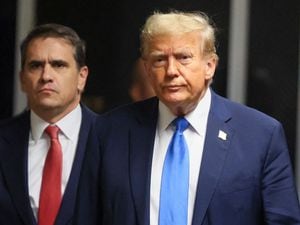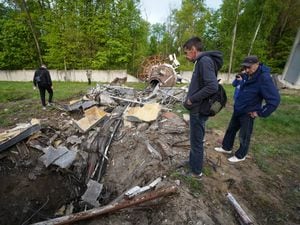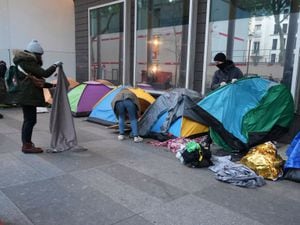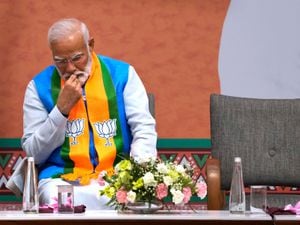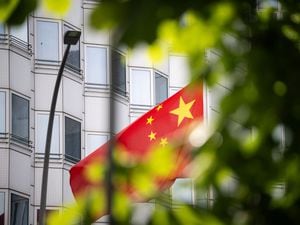Sudanese generals and pro-democracy group sign framework deal
Monday’s deal pledges to establish a new, civilian-led transitional government to guide the country to elections.
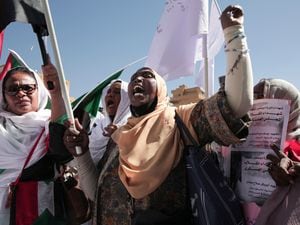
Sudan’s ruling generals and the main pro-democracy group have signed a framework deal until elections but key dissenters stayed out of the agreement.
Monday’s deal pledges to establish a new, civilian-led transitional government to guide the country to elections and offers a path forward in the wake of Sudan’s stalled transition to democracy following the October 2021 coup.
The agreement – the first of at least two planned accords – was signed by Sudan’s ruling generals, Abdel-Fattah el-Burhan and Mohammed Hamdan Dagalo, and the leaders of Sudan’s largest pro-democracy group, Forces of Freedom and Change, at Khartoum’s Republican Palace.
However, several of Sudan’s key dissenting political forces have boycotted the deal, including Sudan’s grassroots pro-democracy network, known as the Resistance Committee, which has continually refused to negotiate with the ruling generals.
Several former rebel leaders, who have formed their own political bloc, have also rejected the deal, arguing that it serves the interests of the military and the Forces of Freedom and Change only.
The agreement, a draft of which was seen by the Associated Press, promises to see Sudan’s military step back from politics, following the October 2021 coup.
The agreement also stipulates that the “revolutionary forces” who signed the deal will decide upon a new prime minister to oversee a two-year transition, a 24-month period that begins after a premier is appointed.
In response to the signing, the pro-democracy Resistance Committee leaders called for demonstrations against the agreement.

The deal is roughly based on a draft transitional constitution proposed Sudan’s Bar Association in September. It does not address details concerning thornier political issues, such as a transitional judiciary system and the implementation of military reforms, which have been left for a follow-up accord.
It also stipulates that the military will form part of a new “security and defence council” under the appointed prime minister. The agreement also vows to unify Sudan’s armed forces and subject controls on military-owned companies.
The document makes specific mention to Sudan’s wealthy paramilitary force, the Rapid Support Forces, headed by Mr Dagalo. The force amassed wealth through its gradual acquisition of Sudanese financial institutions and gold reserves in recent years.
However, no further details were given on how or when these reforms would be implemented, with many of the amendments already promised in a 2020 deal which saw Sudan’s previous transitional government make peace with several rebels in Sudan’s far-flung provinces.
Sudan has been plunged into turmoil since its leading military figure, General el-Burhan, mounted the October 2021 coup that upset the country’s former democratic transition after three decades of autocratic rule by Omar al-Bashir. The former leader was toppled in April 2019 following a popular uprising.
The UN’s special envoy to Sudan, Volker Perthes, attended Monday’s signing and later, in a speech at the palace, described the deal as “Sudanese-owned and Sudanese-led”.
Monday’s development came after months of negotiations between the military and the Forces for the Declaration of Freedom and Change, facilitated by a four-part mediating team, including the United States, the United Arab Emirates, Saudi Arabia, and Great Britain.
The deal will hope to draw in new international aid, after donor funds dried up in response to the coup.
In recent months, bread and fuel shortages, caused in part by the war in Ukraine, have become routine in Sudan.

